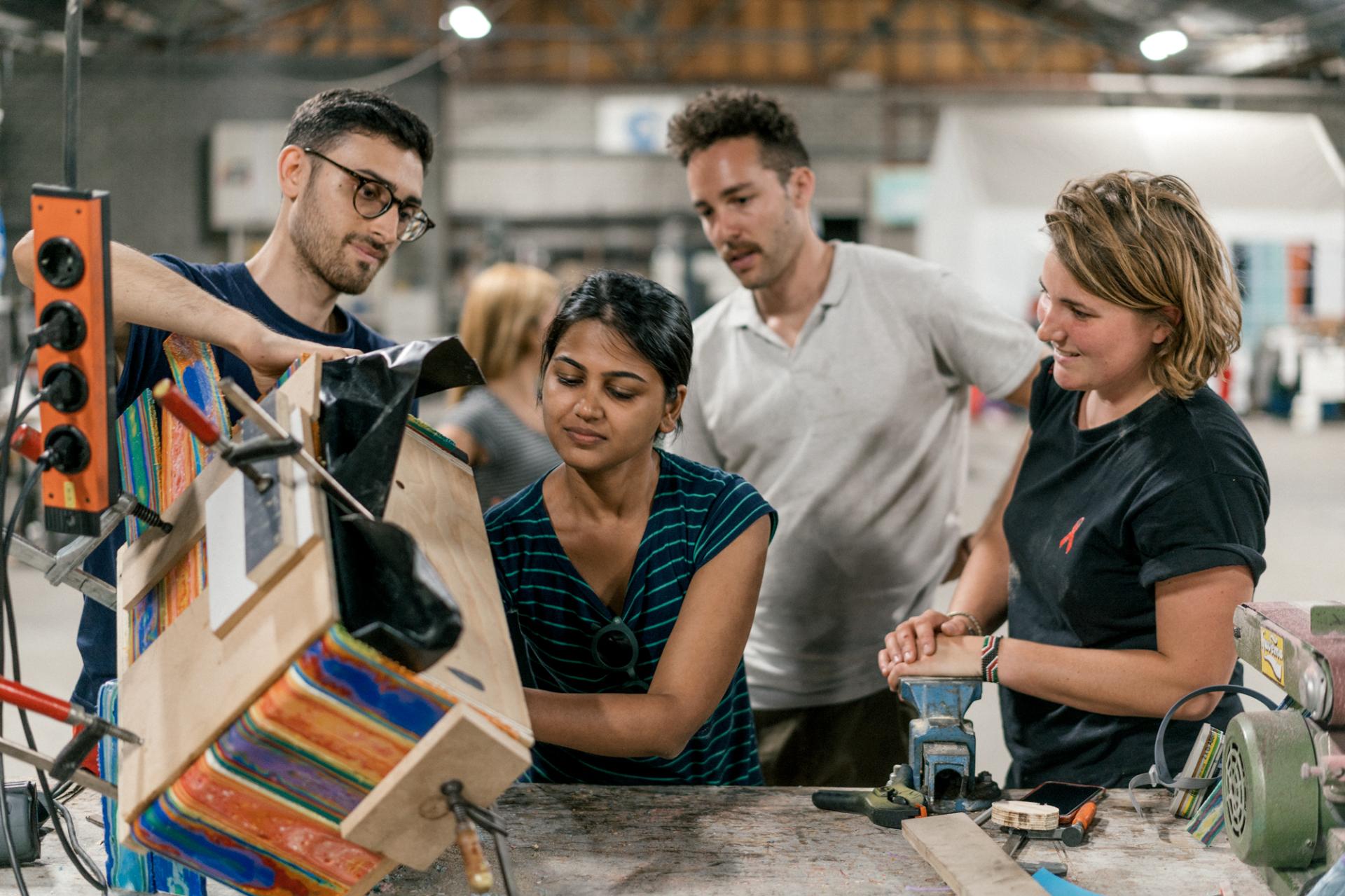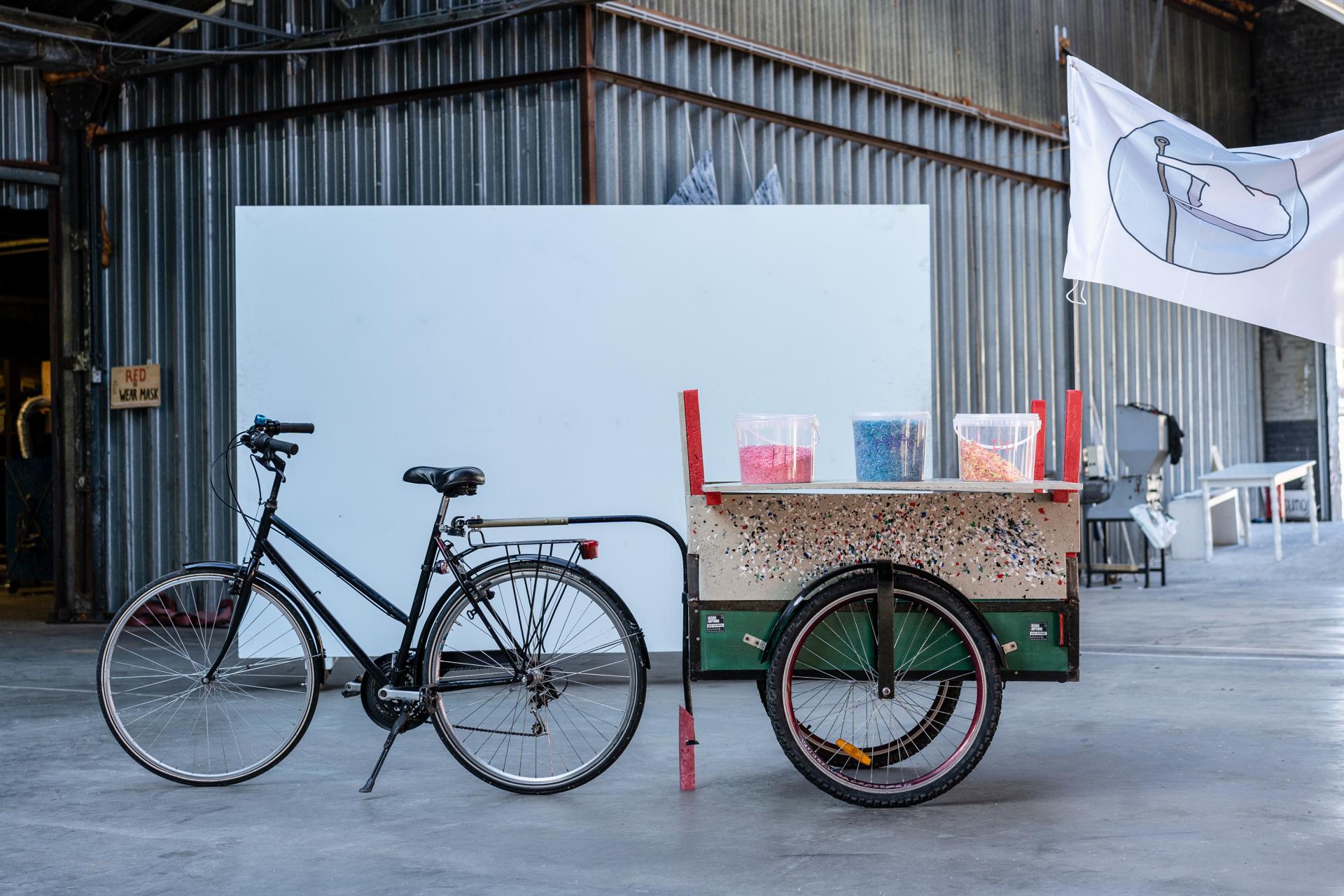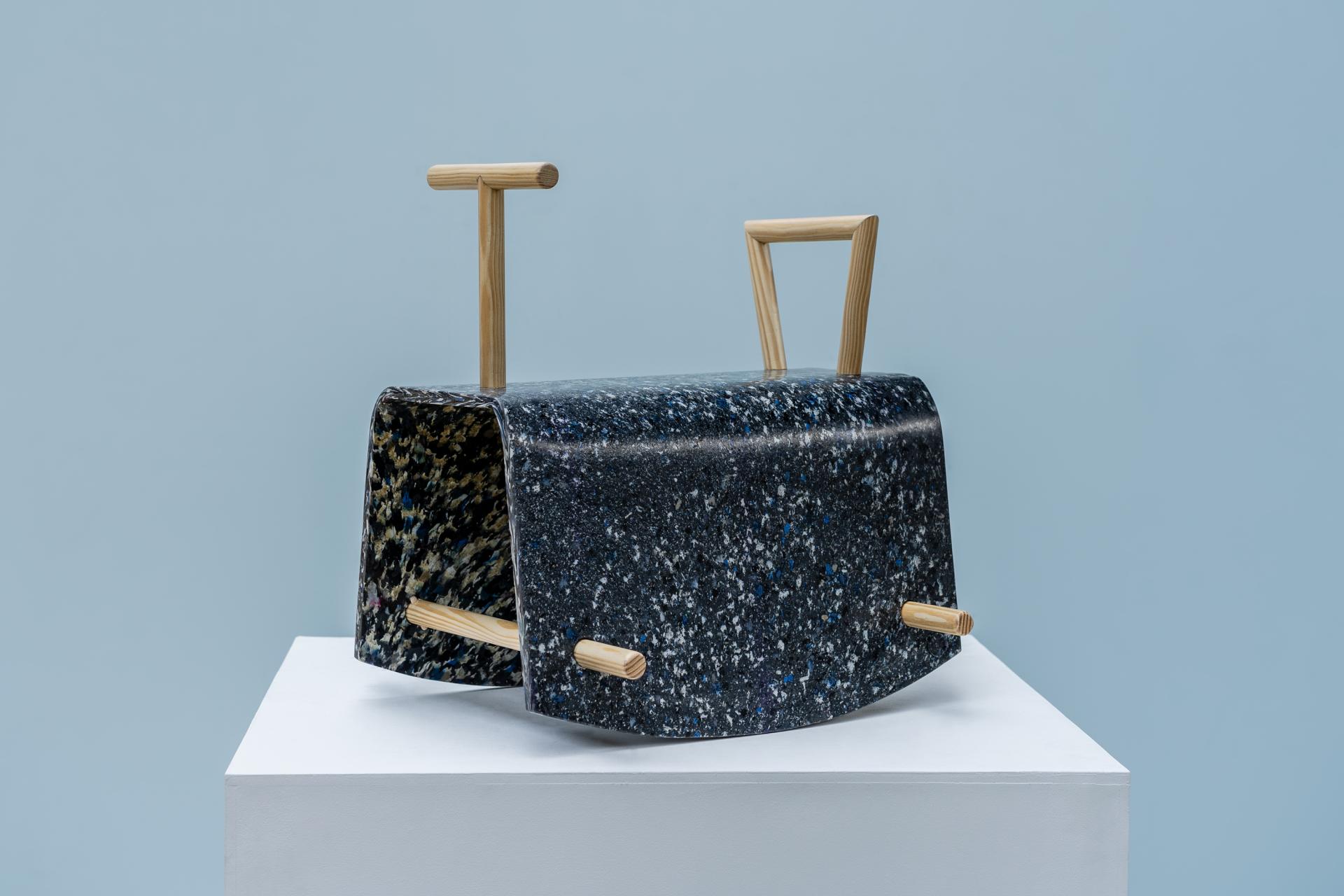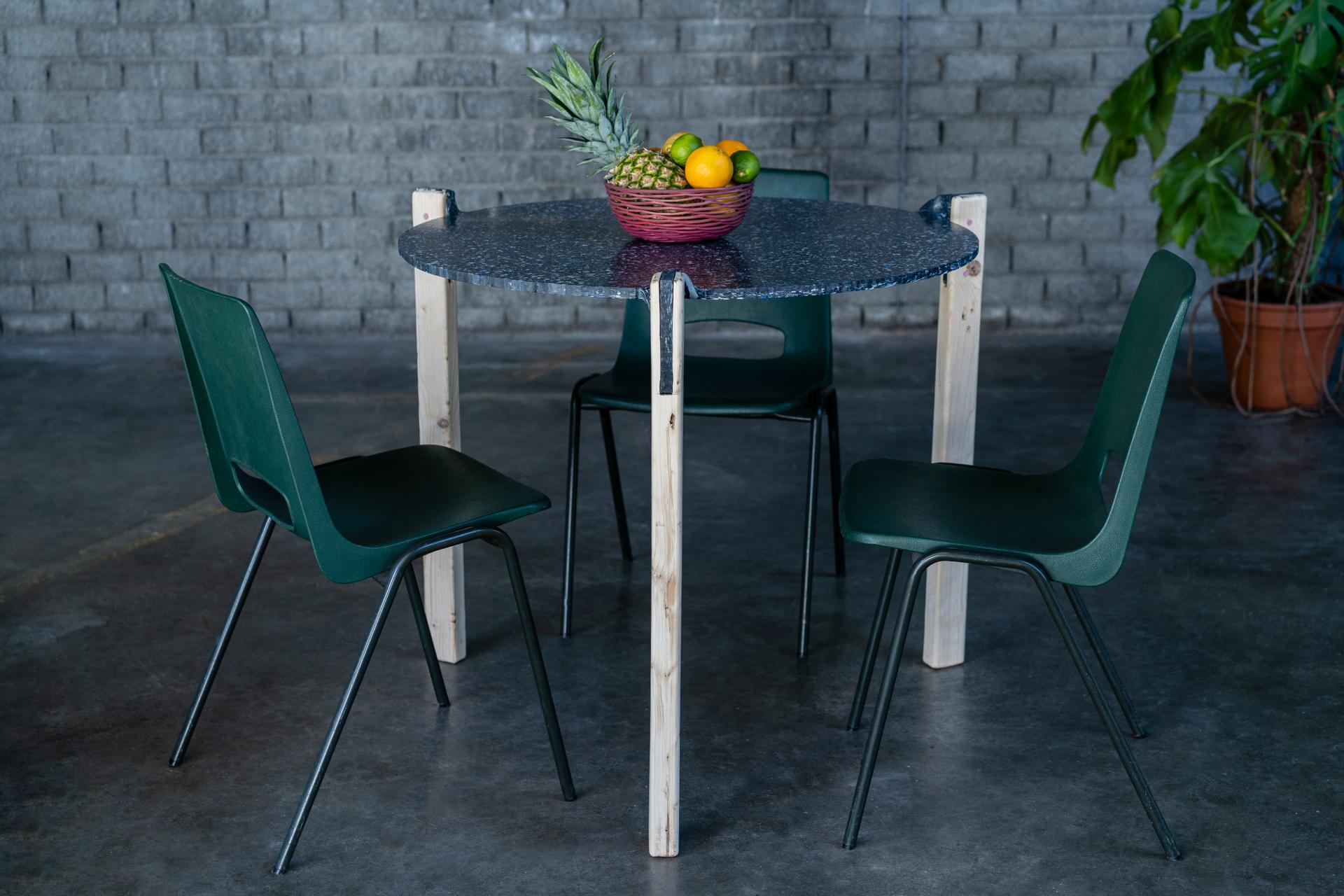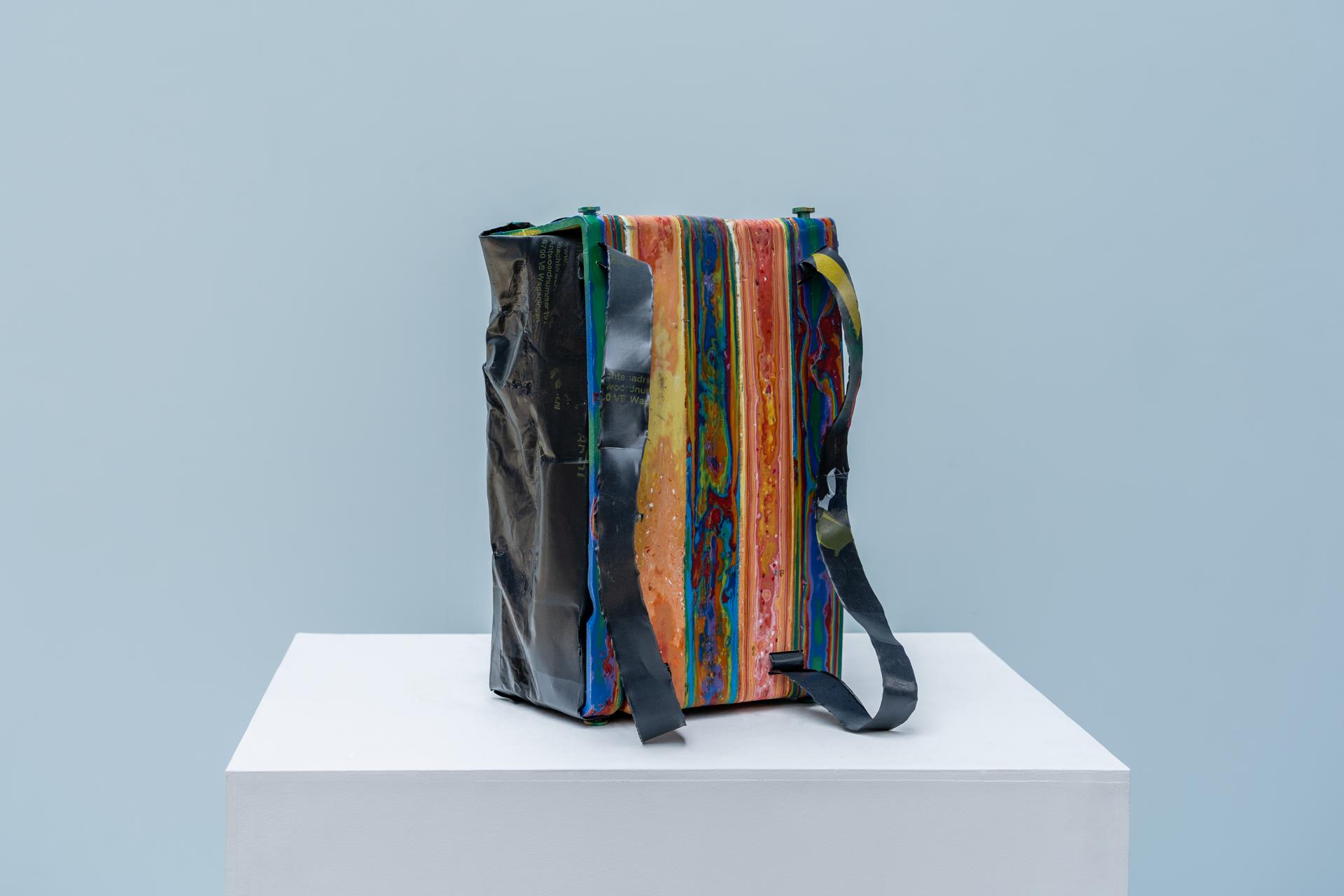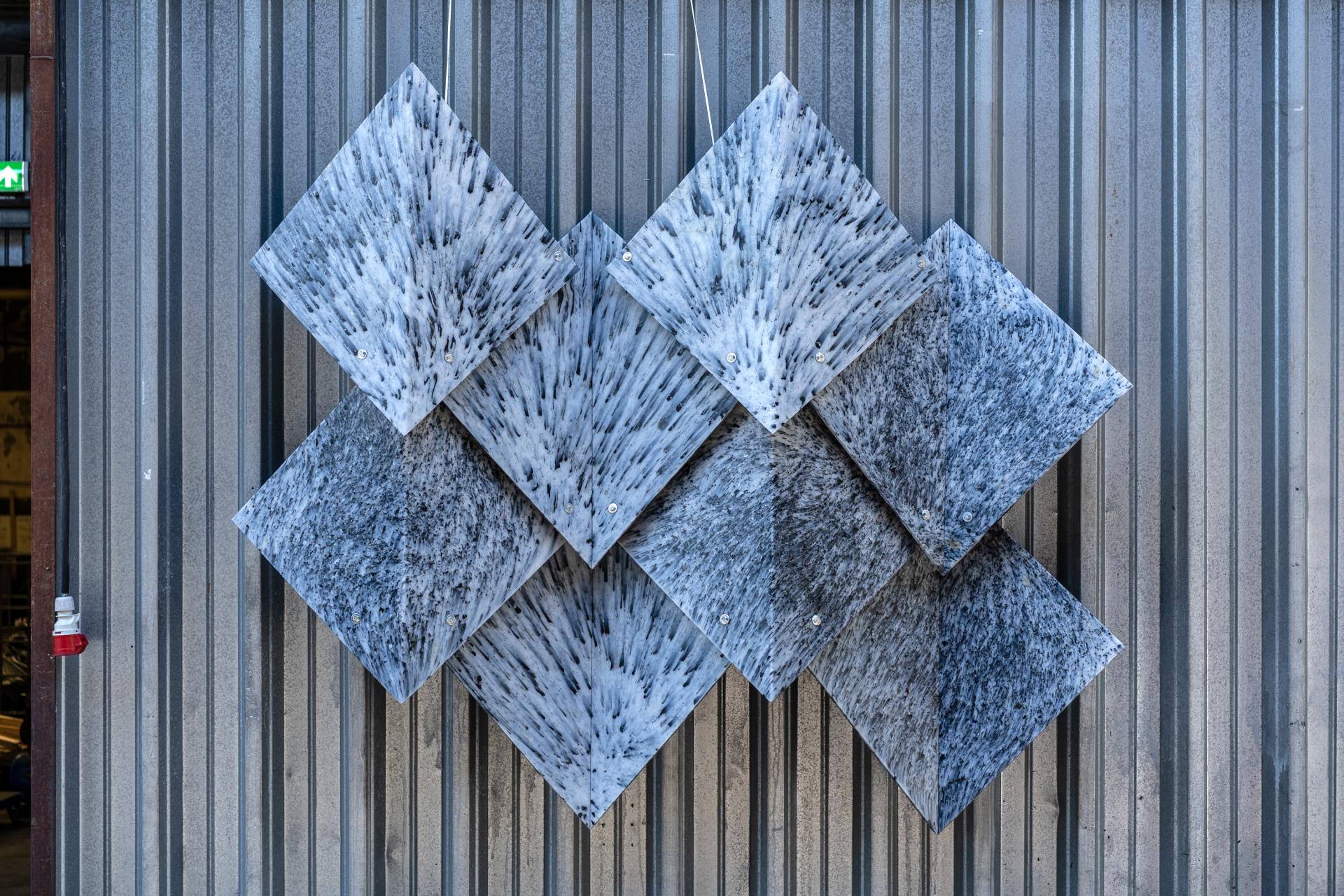Redesigning the future of plastic
Basic information
Project Title
Full project title
Category
Project Description
The Plastic for Good challenge brings together 15 creative minds from all over the world to showcase the possibilities of recycled plastic as a valuable resource that allows designers and makers to create meaningful products. A collaboration between Distributed Design Platform and Precious Plastic, co-funded by Creative Europe.
Project Region
EU Programme or fund
Which funds
Other Funds
Creative Europe programme of the European Union (via Distributed Design Market Platform) 2017-2021
Description of the project
Summary
The Plastic For Good Challenge by Distributed Design Platform and Precious Plastic, co-funded project by Creative Europe, was an intensive experience promoting the crucial need to rethink the way we use plastics globally. The Precious Plastic community welcomed 15 Distributed Design creatives into their Basekamp workspace in Eindhoven, the Netherlands from June 23rd – 29th to take part in the exciting design challenge. The profiles of the participants varied from coders to designers & makers from all over the world. In five groups, they conceptualised, designed and manufactured a people-centered meaningful product from recycled plastic. Every single product created during the challenge was fully open sourced, which means that all the instructions and files to build them are published online as a basis for others to download, build, use, remix or improve the design for their local context.
Key objectives for sustainability
Plastic poses one of the greatest challenges to society. Once it has served a productive life, it is not just useless, but also destructive to the environment and people. Design plays a crucial role in the way we can turn this useless resource into something that can improve life.
The design challenge aimed to contribute to circular material systems by designing end-of-life solutions for discarded plastic, as well as share the knowledge developed as open designs for others to recreate. The Precious Plastic community, a project of One Army, is a global community of plastic recyclers. The 'Basekamp' is the community research centre where a team of volunteers design and test machines that can recycle plastic in various stages such as shredding, pressing and injection. The open source this machinery which has led to a global community of plastic recyclers. During the challenge, participants forms of plastic that are the result of new machine techniques including high-volume sheet press. The final product outputs designed during the challenge included a rocking horse for children, a transforming back-pack-come-school desk for children in India, a plastic twisting technique to be applied to furniture, a cargo bike and a roofing tile specifically designed for drainage. The outputs successfully implemented circular economy principles to make plastic waste useful, meaningful and beautiful.
Key objectives for aesthetics and quality
The five groups worked with the latest Precious Plastic machines to bring their imaginative designs to life. The designs were created for specific end users under the overall theme: Design to Improve Life' The project development team aimed to ensure that in giving the plastic waste new life it was transformed into new products, making it attractive to potential users. “Part of the magic of the process is that the recycled plastic sheets and beams have an attractiveness and a feel of high quality to them,” explains creative director Marcel Rodríguez. “At their best, the colourful, marbled plastics can emulate the look of stone, ceramics or even glass, when transparent.”
Key objectives for inclusion
At the time of the event the Distributed Design Platform had 15 members from design, maker and cultural organisations across Europe. Each chose one participant to join the challenge meaning a mix of social, professional and cultural backgrounds were included. Further to this the participants were asked to create work that could be make open source and shared for others to replicate, meaning knowledge become available and could be shared widely in an inclusive manner.
Results in relation to category
The Plastic for Good Challenge aimed to mobilise the communities of Distributed Design platform and Precious Plastic around design for circularity. As these are global networks with the Precious Plastic community amassing 200,000 members globally, the best place to have impact was through dissemination of the challenge online. The team made a documentary about the experience and promoted the challenge on social media. The total impressions on social media during the event was 52 115 and 3450 accounts reached! The event gained 4 press articles and the documentary of the event seen on Youtube gained 1,800 views in 4 months.
How Citizens benefit
The challenge hosted an online open exhibition in Eindhoven for local residents to see the outputs of the project and the documentary has been screened in various locations including Barcelona at the Barcelona Maker Faire, 2019.
The open source designs that were developed during the project have had approximately 1500 views on Wikifactory, the open design platform that hosts the designs for the public to access.
Innovative character
1. Design and rapid prototyping to develop circular economy solutions into the daily lives of consumers
2. Diversity of profiles and countries engaged in a physical challenge
3. Material innovation, ways to apply, use and explore recycled plastic
4. Open designs allow remix, share and development of the original designs to improve them or situate them

